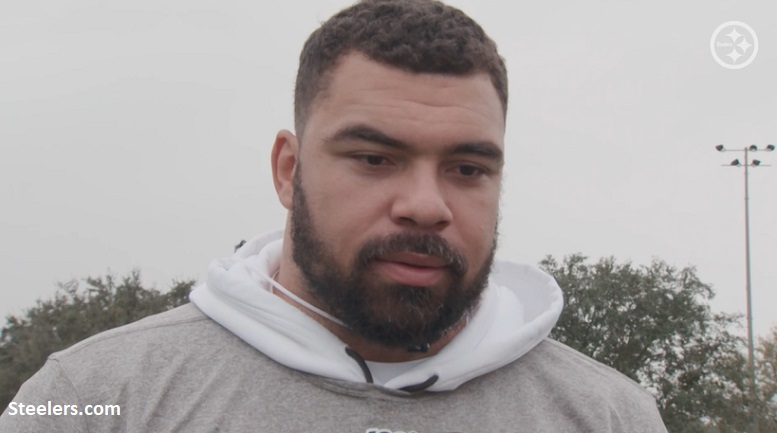Today is Juneteenth, or June 19, the day that is memorialized as the moment the last African slave heard the worlds of Abraham Lincoln’s General Order number three, which announced that they are free, in 1865. For many of you, this may be the first time that the day has arrived with you actually being familiar with it in a sense that goes beyond general passing.
Many companies in the past couple of weeks have taken the step of declaring it an official company paid holiday. The NFL has been among them, and virtually every team in the league, including the Pittsburgh Steelers, has followed suit in making sure that it is an organizational holiday for their employees as well, with facilities being closed.
“I appreciate the Steelers recognizing Juneteenth as a holiday”, Cameron Heyward said yesterday in an interview over Zoom with reporters. “It’s a time for us to reflect on when slavery was abolished, but we, as a city, there’s a lot that still needs to be changed”.
The more widespread recognition of Juneteenth is not, of course, a random coincidence, but rather the extension of a broadening of the national consciousness about race relations and the black experience in America, following widespread protests against police brutality against minorities and systemic racial injustices.
“I’ve had good dialogues, whether it’s with Jack Kearney, who’s from state police or, you know, my brother’s a cop in New Jersey”, Heyward went on, in speaking about his own community. “There are things that have to be changed, whether it’s at the local level in hiring cops to be full time where they’re in the boroughs they need to be in, they understand the community. I think that plays a big part. I think if you live in that community, you have a sense and you’re not fearful as much as a cop”.
As just a very quick anecdote of my own, I have been stopped by police officers multiple times within two blocks of my house. On the second occasion, the officer said that she stopped me because she had never seen me in this neighborhood before. I have been in this neighborhood all my life. Perhaps she would have been familiar with me if she were a part of the community, so I see what Heyward is saying here. I later saw her driving by downtown and she waved at me.
“I can understand you have a hard job. We need to have better education and more HR help for those cops”, Heyward went on. “To say that to fire a gun doesn’t affect you, or to say that PTSD doesn’t not exist would be not smart”.
Speaking nationally, he suggesting perhaps a database that files complaints that officers have had registered against them. “I think if you have a prior complaint that needs to be filed, there should be no reason you should be right back on the street. There should be no reason why the color of my skin or the color of my child’s skin or the color of my friend’s skin should threaten you”, he continued. “I always thought that policemen should be de-escalators, and it shouldn’t be that a civilian has to be the de-escalator. So there are things that need to be changed, and the call for it is now”.
Heyward went on the radio shortly after George Floyd was murdered, and he spoke as a clearly affected African-American man whose children share the same skin as he does, expressing his fears of their growing up in a society in which they, too, will be seen as a threat based on their mere appearance.
There is a lot of work that we can all do in our own communities to try to improve our culture, and to make everybody feel safer. We can vote. We can even run for office. We can do a lot of things. And I think many are starting to feel this, as well as its importance.








